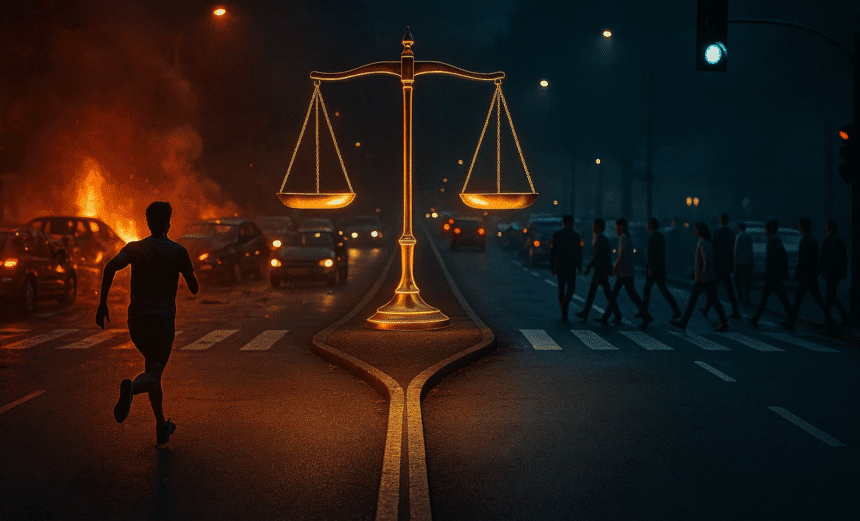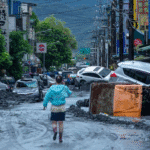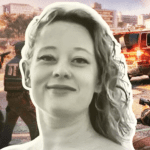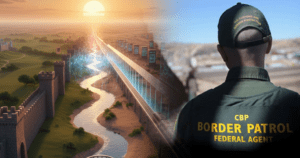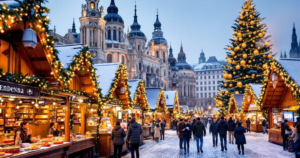Freedom is among the most treasured values of human civilization. It allows individuals to express themselves, make choices, and live with dignity. From the right to vote and speak to the liberty of following one’s beliefs and lifestyle, freedom is the foundation of democracy and individuality. Yet, history and present realities remind us that when freedom is exercised without boundaries, it often shifts from empowerment to disorder. Just like traffic lights guide vehicles and prevent accidents, boundaries guide freedom to ensure it does not become destructive. The principle is simple: your freedom ends where another person’s rights begin.
One of the clearest examples of this balance is freedom of speech. Speech is a cornerstone of democracy, allowing people to question authority, raise awareness, and demand justice. Movements for equality, independence, and reform have all been powered by this right. However, when speech loses responsibility, it can quickly transform into a weapon. Hate speech, misinformation, cyberbullying, and defamation are all outcomes of speech without boundaries. In the digital age, unregulated platforms have magnified both the power and the danger of speech. While a tweet can bring attention to injustice, the same tool can spread fake news, provoke unrest, or harm reputations. Speech, therefore, is sacred, but it must remain tied to truth and respect if it is to strengthen rather than divide society.
The risks of unchecked freedom extend far beyond speech. Social media, for instance, has given people unprecedented liberty to share their lives, but oversharing often compromises privacy and safety. At workplaces, flexible and free culture encourages creativity, but without discipline, productivity collapses. Even in personal life, absolute freedom can turn harmful; indulgence in habits without restraint, whether food, substances, or lifestyle choices, leads to long-term consequences. Freedom, therefore, is not merely a right but a duty, one that requires individuals to ensure their choices do not damage themselves or the society they live in.
Personal space and privacy highlight another dimension of this issue. Every person carries an invisible boundary, a line that must be respected to ensure dignity and comfort. Physical invasion of space, whether in homes, workplaces, or public settings, disrupts peace. In the digital world, privacy breaches and data misuse represent even more severe threats. From corporations using personal data to hackers exposing private information, violations of privacy show how easily freedom can be exploited when boundaries are ignored. Without rules that protect individuals, the very essence of autonomy is lost.
Boundaries, however, are not the enemy of freedom. They are its protectors. Laws that regulate speech are not meant to silence citizens but to prevent incitement and violence. Respecting personal space does not diminish freedom; it preserves dignity and coexistence. Structured limits in workplaces maintain a balance between liberty and productivity. Boundaries are like the walls of a house, not designed to confine but to provide safety and shelter. True freedom flourishes when individuals know they can act freely without infringing on the well-being of others.
The consequences of ignoring boundaries are evident in daily life. Protests often begin as exercises of democratic freedom but turn violent when limits collapse. Fake news spreads panic and mistrust because information is circulated without accountability. Oversharing on social media can lead to stalking, identity theft, or exploitation. Overindulgence in personal liberty, in the name of lifestyle choices, sometimes creates moral and social problems that ripple across communities. What begins as individual freedom can quickly turn into collective disorder.
Finding balance is, therefore, the essence of real freedom. Excessive censorship crushes liberty, but lack of regulation fuels chaos. The responsibility rests on all stakeholders. Governments must legislate fairly, ensuring that rules protect rather than suppress. Parents and teachers must guide children about discipline and respect for others’ rights. Most importantly, individuals must practice self-regulation, understanding that freedom without responsibility is hollow.
Philosopher Jean-Jacques Rousseau once remarked, “Man is born free, but everywhere he is in chains.” These chains are often misunderstood as restrictions, but in reality, they are safeguards. They are the invisible agreements that make coexistence possible, transforming chaos into harmony. Boundaries do not diminish the value of freedom; they elevate it by ensuring it remains constructive.
In the end, freedom without boundaries may sound like ultimate liberation, but it is a recipe for disorder. The true test of a civilized society is not how much freedom its people enjoy but how responsibly they practice it. Real freedom lies not in rejecting boundaries but in embracing balance, respecting the rights, dignity, and privacy of others while safeguarding one’s own. Only then does freedom remain what it is meant to be- a force for order, progress, and peace.

